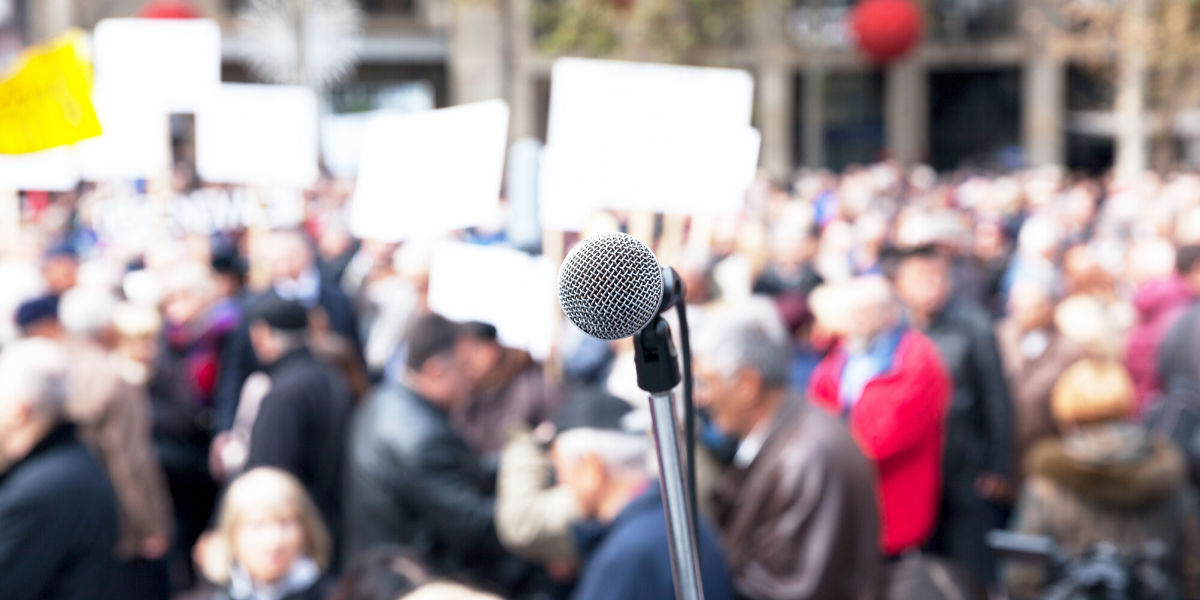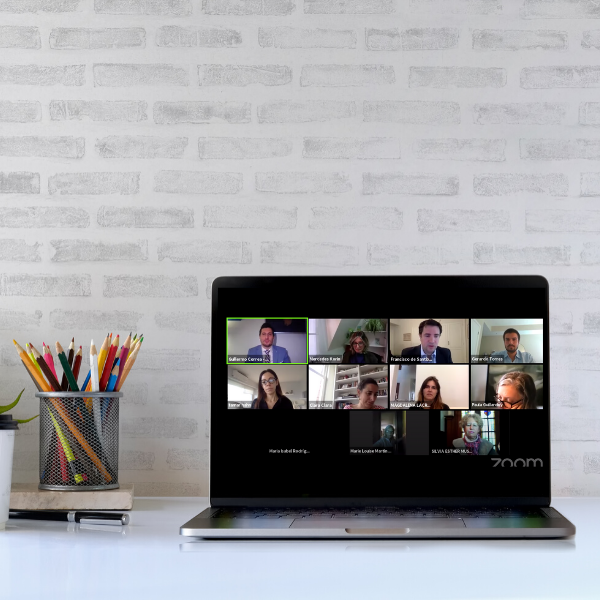This year, CIVICUS published the ninth edition of the State of Civil Society Report, which is carried out annually since 2012. The report analyzes the way in which current events and trends affect civil society and how civil society responds to the main problems and challenges of the moment.
2019, despite bringing enormous political, economic and social problems, was a year in which civic action achieved significant impacts by promoting progressive changes, reclaiming civic rights and democratic freedoms, fairer economic policies and greater equality, as well as action on the climate crisis and promoting reform of the international system. Among the successful tactics were non-violent civil disobedience, civil society campaigns and advocacy, creative use of social media, and court and parliamentary work.
A great wave of protests erupted in all corners of the world. Many were of a non-partisan nature; they targeted governments and leaders in power, across the whole political spectrum, and demanded that they make greater efforts to meet the needs of their citizens.
Time and again in 2019, the population showed that they wanted more and better democracy. In several countries where democratic liberties have been denied or elections have not been free and fair, people took to the streets to demand that their voices be heard, and their rights respected.
Efforts to advance equality and challenge patriarchy are part of a larger picture of progress. Civil society worked to support activists and demand the rights of women and people of the LGBTQI+ community, offering intersectional responses to the multiple and overlapping layers of exclusion that deny their rights. In 2019, a series of milestones occurred in which women achieved visibility in various fields. Women political leaders made progress modeling different styles of leadership and challenging sexist politics. The victories were achieved through combinations of massive street action to demand visibility and claim spaces, and years of defense and legal action undertaken by civil society. Along with participation and leadership in institutional politics, women were at the forefront of many of the great protest movements that demanded democratic freedoms and economic change. An example is Chile, where women lobbied to focus on gender parity during constitutional processes, and also Brazil, where tens of thousands of women took to the streets to denounce misogynistic and racist policies and those that attempted against indigenous peoples, including the government’s intention to allow mining in indigenous territory.
In 2019, economic injustice was one of the main engines of collective action. One of the most striking aspects of the protests was that they had similar triggers: a relatively small change in a government’s economic or social policy produced a huge and angry response due to the impact it generated on people who were already poor or excluded, increasing considerably their feeling of insecurity. Many of these protests exposed deep underlying fractures in economic and political systems, and condensed years of growing discontent.
Around the world, the youth-led school strike movement, as well as countless environmental and indigenous movements, demanded that decision-makers recognize and pay attention to the magnitude of the climate emergency and take steps to avoid its worst impacts before it was too late. A salient feature of 2019 is the central role of youth in change advocacy movements. Contrary to stereotypes, they embodied the voice of reason, adopted scientific discourse, and rejected disinformation. A new generation of citizens is emerging, which shows that power can be born from personal activism, creative commitment and decentralized coordination.
In 2020, much of the daily work of civil society became much more difficult. However, although the pandemic is generating profound impacts, none of the problems it reveals is new. Civil society will continue to mobilize around the key issues raised during 2019, in response to the pandemic and also after the immediate crisis is behind us. In this context, the role of civil society is more vital than ever. CSOs, always at the forefront of crisis response, provided medical care, food, shelter and other basic goods to those in need. The world will emerge transformed by the virus; however, it is up to us to make sure that change is for the best.
Looking ahead, we must promote new strategies to fight disinformation and new models of inclusive and responsible leadership. In driving recovery, it will be key to both rebalance power and build solidarity ties between employers and workers, creditors and debtors, and homeowners and tenants, as well as taking a human rights approach and reaching the most disadvantaged first. The protection of biodiversity and ecological recovery must be prioritized, based on new green proposals to promote sustainable production, consumption and employment. Responses to the pandemic must strengthen and preserve the autonomy of international institutions. Civil society should be involved in discussions about how UN institutions should change and should be allowed to properly carry out its controlling role. We must defend the role of civil society in this reconstruction.
We need a civil society endowed with adequate resources, densely networked and focused on mutual solidarity rather than competition. We can and must fully play our role to guarantee a recovery that does not intend to return to the previous normality, but to take a leap forward, towards a better alternative.






